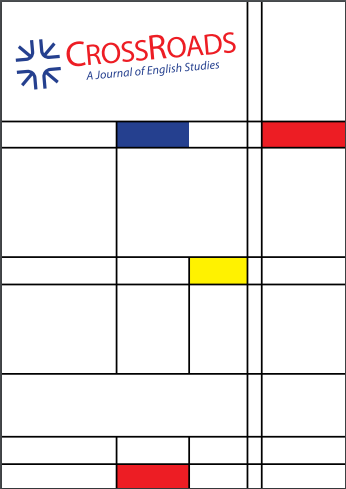Cycle Touring and the Middle-Class Consumption of Nature. Anti-urbanism in H. G. Wells’ The Wheels of Chance and Cycling Press Reports of the Late Nineteenth Century
Cycle Touring and the Middle-Class Consumption of Nature. Anti-urbanism in H. G. Wells’ The Wheels of Chance and Cycling Press Reports of the Late Nineteenth Century
Author(s): Beata KiersnowskaSubject(s): British Literature
Published by: Wydział Filologiczny Uniwersytetu w Białymstoku
Keywords: bicycle; touring; cyclist; nature; country; tourism; landscape; Herbert George Wells;
Summary/Abstract: The article aims to discuss the cultural significance of cycle touring for the Victorian urban middle class in the context of the growing significance of leisure and recreation to England’s working population and the burgeoning mass tourist industry. Cycle tourism in the countryside is presented as a leisure activity reinstating an organic link between man and nature that was severed by the progress of industrial capitalism in Victorian cities. The remarkable popularity of bicycle tourism in the last decade of the nineteenth century was induced mainly by its perception as an essentially rural recreation, allowing cyclists to immerse themselves in the unspoilt nature of England's pastoral countryside. As such, the activity corresponded with Victorian attitudes to nature, their idealisation of the country, nostalgia for the wholesomeness of rural existence and denunciation of the city. The discussion of the phenomenon is illustrated with references to numerous press publications promoting cycle touring in the countryside and extolling its benefits, and Herbert George Wells' bicycling novel The Wheels of Chance: A Bicycling Idyll (1896).
Journal: Crossroads. A Journal of English Studies
- Issue Year: 2022
- Issue No: 04 (39)
- Page Range: 59-78
- Page Count: 20
- Language: English

